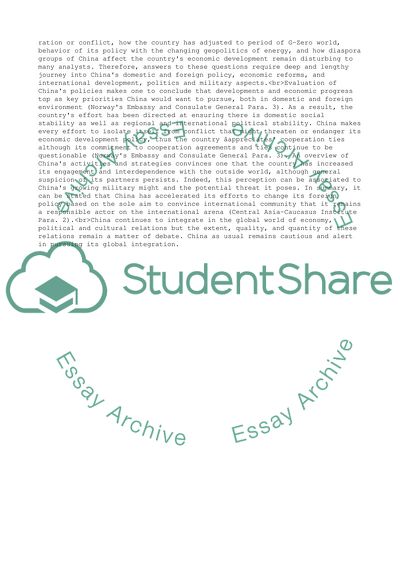Cite this document
(“China Economic Report Research Paper Example | Topics and Well Written Essays - 1250 words - 1”, n.d.)
Retrieved from https://studentshare.org/business/1581998-china-economic-report
Retrieved from https://studentshare.org/business/1581998-china-economic-report
(China Economic Report Research Paper Example | Topics and Well Written Essays - 1250 Words - 1)
https://studentshare.org/business/1581998-china-economic-report.
https://studentshare.org/business/1581998-china-economic-report.
“China Economic Report Research Paper Example | Topics and Well Written Essays - 1250 Words - 1”, n.d. https://studentshare.org/business/1581998-china-economic-report.


